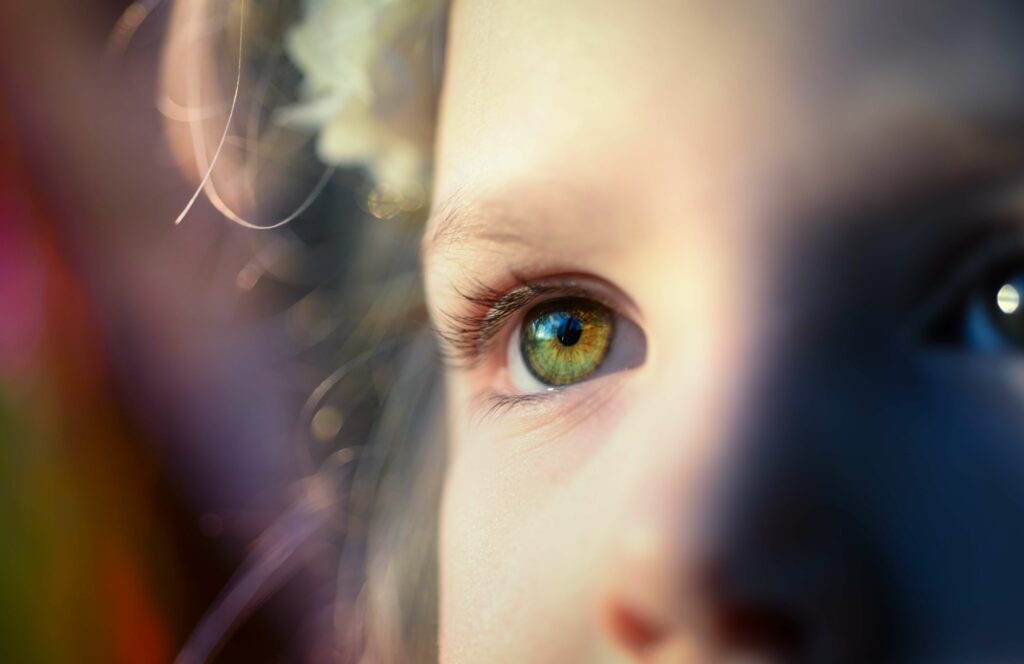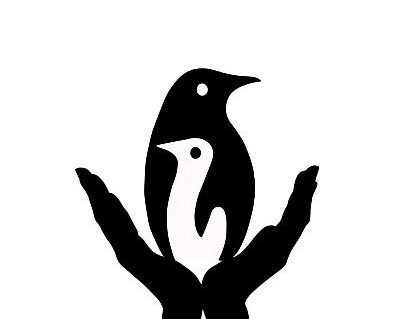It is very normal for babies to do weird things sometimes. They vary from baby to baby. It may be tight grips around your finger, starting jerky movements, excessive hiccups or blinking eyelids, etc. So parents ask, why does my toddler keep wiping his face?
As soon as you see your baby rubbing their eyes, you may think that your kid needs a nap. There’s literally nothing else more than universally accepted which is the exact reason for the babies rub their faces and eyes. Sometimes this behavior may be a result of the newborn reflex actions. So it is natural for them to bring their hands to their faces and eyes.
But if your baby is not actually tired or not acting reflexively, they still bring their hands together and put that on their face. Do you feel it is a problem of division as a result of an infection? You may be correct at some point. So it is better to address all the possible explanations for why your little baby rubs their eyes and their face.
As normal human beings, babies also rub their eyes in response to all kinds of environmental cues and other sorts of allergens. Primarily it is not unusual to see that your baby is rubbing their eyes.
It is advisable to take it as a kind of discomfort or any other distress.
Table of Contents
The types of emotional cues and environmental allergens causing babies to rub their eyes
When your baby feels mentally and physically tired, they start to throw out a few hints. It is the best time for a nap by rubbing their eyes. You need to facilitate your kid by putting them down for a nap as soon as possible. So if they go to sleep that’s good. It means you got the unspoken cue that your baby is sleepy.
Small babies are more prone to exposure to some kind of environmental allergens. This happens frequently when they are in dry air, in dusty rooms, at an outside beach, or in a park. Due to these allergens, the little eyes may get irritated.
Also, various types of allergies are common in babies. But you can see frequent irritation which shows various signs like redness, fussiness, watering, and eye rubbing.
Bacterial or viral infections
Bacterial or viral conjunctivitis can happen in babies frequently. They show various symptoms like redness, crusting, and oozing in such instances. Have a close look at your baby’s behavior then you can identify these types of small signs.
If you work out so hard in a playground or in a gym, you can experience the twitching of sore muscles. So most people tend to rub their faces at that moment. The same principle can apply to babies when their eyes are over-extended for some reason, they will get tired of making babies want to rub them.
As parents, you also need to consider the vision problems of your babies. It can hardly be present at the age of 6 months. Some babies show signs of impairments like cataracts.
According to the American Academy of Ophthalmology and the American Academy of Pediatrics, you can get the eye exams recommended by your baby’s pediatrician.
Dear parents, it is better to check whether your child is at the peak of the teething phase. So when the teething process of upper teeth, soreness of the facial muscles, and pain can occur. The babies start to rub their eyes with the intention of soothing the ache away.
Is it a reason for the involuntary primitive motor reflexes of newborns?
The newborn baby shows an involuntary primitive motor reflex called the rooting reflex. Due to that reflex action, your baby signals their hunger and the routing helps them to find the nipple of the mom. That is the ideal time for them to eat. The rooting reflex is very much helpful for that.
The rooting reflex is related to feelings, especially during breastfeeding. Even the breastfed babies also try to rub their faces to try to find the source of feeding. Ultimately, they find that source.
So the parents can use this rooting reflex sign to identify accurately that their babies are hungry.
Make a note that this rooting reflex is present until the age of 6 months of your baby. Then they will automatically disappear and be replaced with the voluntary motor functions of the baby.
Check out this amazing crib design for your baby
Are they tired or ready for bed?
The baby’s rubbing face is a signal of showing that they are tired or they are ready for bed, especially in the evening times. In tiring situations, babies try to rub their eyes and ears the same as adults do. Sometimes they might rub their face on your body when they are in fatigue
If your baby’s rubbing their face with a mild snuggling into you signals they are ready to sleep.
Is it simply just itchiness?
Most babies tend to rub their faces and eyes simply just itchiness. This phenomenon is marked when they don’t develop motor skills and coordination.
Even if your toddler is older they always try to use their hands to rub their face and eyes but they don’t have regular control over their hands so they try to each on their face. Due to lining down long hours inside cribs, most babies try to scratch the back of their heads as soon as they get a nice surface to rub their heads and face.
If your baby needs to scratch a certain body part, it can do it properly. Between 2 to 3 months, they don’t have fine-tuned movement types. So they start to cry with a little frustration because of the inability to get their hand to the right place. This happens until 12 months of age. So use an alternative shooting technique of rubbing the face and eyes in such instances.
Are they getting close to the natural smell of mom?
Normally babies need to get close to their parents’ natural smell.
That is their innate need. It is a pheromonal chemical signal. It plays a role in offspring identification and mother recognition.
This phenomenon is unique for each animal in the animal kingdom. According to the studies, babies try to recognize their mother’s scent even before they are born. Show the sense of smell develops early in pregnancy. The mom’s scent is the first smell that the babies are exposed to during their life.
Due to this reason, most babies try to rub their faces on their mother’s body. They try to communicate various types of ideas by doing this specific behavior.

The risk of the face and eye rubbing?
Eye rubbing is a normal process for your baby, it is not a harmful action for your baby as long as your baby’s hands are clean. Try to ensure an infection-free environment first. After that, let your child behave freely.
But if your child tries to get something in their hands during the eye-rubbing process, it can be harmful.
Parents need to show concern about these two things with their baby which are infections and handling strange sharp objects while eye rubbing.
How to deal with face and eye rubbing?
Kids have various innocuous habits. They try to keep those habits last longer. The parents can ignore a bad habit that can be used to seek attention from the babies.
The baby’s eyes might be at a higher risk of infections when they are trying to constantly rub their eyes. Parents need to identify the exact cause of why the child is doing this kind of repetitive movement.
They need to check the following things.
Whether the babies have itchy irritated eyes
This normally happens when something has gotten stuck in your baby’s eye. You can use a washcloth to soak the eye with warm water. If the eye irritation is still with the child, you can get a consultation with a pediatrician.
At the same time, you encourage your baby to put toys and other objects away from their face and eyes. Sometimes your doctor may be prescribed antibiotic eye drops. you need to follow the proper instructions.
Infections
If you have a doubt whether your kid’s eyes were infected with some microorganism, try to keep the affected eyes clean and wipe them with warm water. It is very essential to limit the hand functions of your baby at this phase.
This will help your baby to put away their hands on their face. You can use little newborn mittens for this purpose. But it is more advisable to convert their mind to other activities.
Check out this amazing baby set for your newborn
Exclude vision problems
If you suspect that there is a true vision impairment in your baby,
You can consult your baby’s pediatrician as soon as possible. Later on, you can direct an eye specialist for a full examination of your baby’s eyes.
Carefully handle the teething toys of your baby
Giving too many teething toys is a bad habit for your baby. If you get a lot of teething toys for your baby, you can put all of them into the refrigerator and try to find soft toys that can easily handle by using the baby’s hands.
During the teething phase of your baby, parents need to pay keen attention to their babies. That will prevent most of the eye and mouth infections in your baby.
What Do the parents who complain about their kid’s face and eye rubbing look like
Most kids start rubbing their face, eyes, head, and nose at the age of nearly three. They do this at certain times of the day and try to stop that after having a good rub. They normally do this even though they don’t have a rash or known allergies.
These children are not complaining about this behavior.
Another set of toddlers is trying to rub their noses every 3 to 5 minutes. This also happens as repetitive behavior.
Most parents, especially first-time parents worry a lot about this repetitive behavior pattern of infants and toddlers.
Check this play yard if you wish to provide close supervision while you working at home.
Final thoughts
Normally newborns and kids wipe their faces using their hands all the time. This is totally normal behavior. This may consider one of the wired things that they use to do. So don’t hurry as soon as you see these.
Most infants use nonverbal communication methods. Wiping their own face is a kind of communication type to express they’re such as sleep, hunger, or attention-seeking behavior types.
Parents need to exclude whether constant eye rubbing is just a behavior type or a response to other kinds of eye symptoms such as redness, fuzziness, watering, or related irritation.

